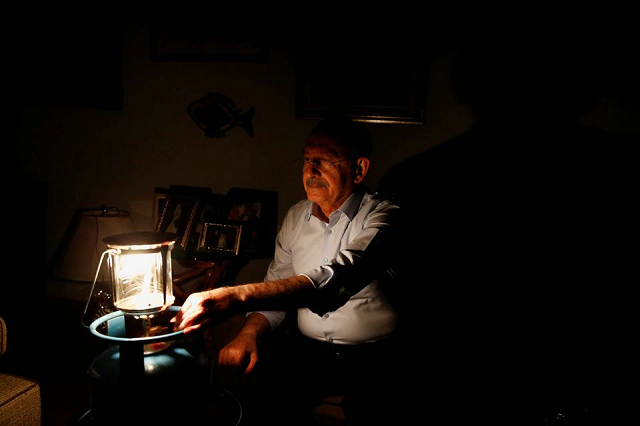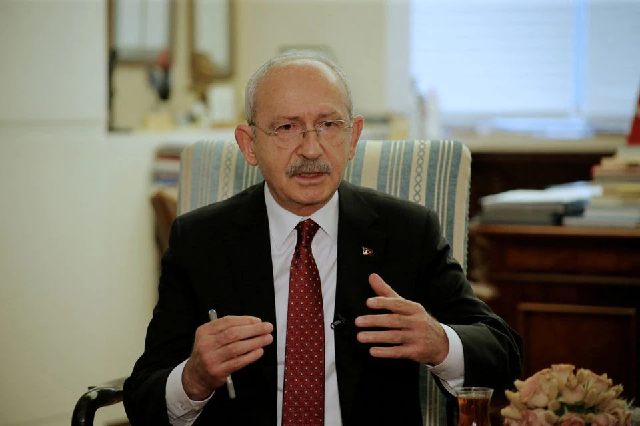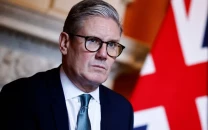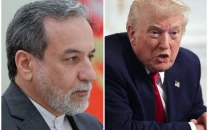Lights go out on Erdogan rival who refused to pay soaring power bills
I will sit in the darkness to experience the pain of my people, says opposition party chief

The leader of Turkey's main opposition party said on Thursday that he will sit in the dark for a week after power had been cut at his home as he refused to pay his bills in protest of steep hikes in subsidised energy prices.
A currency crisis late last year sent inflation soaring and prompted the government to raise prices of everything from gas and electricity to road tolls, alcohol, bus fares and petrol in January.

Kemal Kilicdaroglu, leader of the main opposition Republican People's Party (CHP). PHOTO: REUTERS
"This is not a call for civil disobedience, this is resistance. This is a fight for your rights. My fight is to be the voice of the families and children that are left in the dark," Republican People's Party (CHP) Chairman Kemal Kilicdaroglu said as he sat beside his wife in his house in Ankara lit by a gas lantern.
"We will be in the dark for a week with my wife ... I will sit in the darkness to experience the pain of my people," he also said.
Annual inflation rose further to 61% in March. Many analysts blame the economic turmoil on a series of unorthodox interest rate cuts engineered by President Tayyip Erdogan last year.
Kilicdaroglu said in February he would stop paying his electricity bills and called for the price hikes to be rolled back.
He said earlier on Thursday electricity prices - which went up between 50% and 125% at the beginning of 2022 - had risen more than 400% in three years.
Nearly 4 million Turkish subscribers had their power cut in 2021, Kilicdaroglu added without giving a source for that information.
The inflationary surge has hit Erdogan's popularity ahead of national elections due no later than June 2023, in which Kilicdaroglu is seen as a potential contender for the presidency.
Years of double-digit inflation in addition to the recent jump have eroded household savings and earnings. Shopkeepers, city councils and a religious community group have spoken out about the rising energy bills.
The lira lost 44% against the dollar last year largely due to the monetary easing, which began in September despite rising inflation. The depreciation stoked inflation through Turkey's heavy flow of imports.
The easing cycle was part of Erdogan's new economic programme that aims to boost exports, credit and investment, and that the government says will eventually ease inflation.



















COMMENTS
Comments are moderated and generally will be posted if they are on-topic and not abusive.
For more information, please see our Comments FAQ